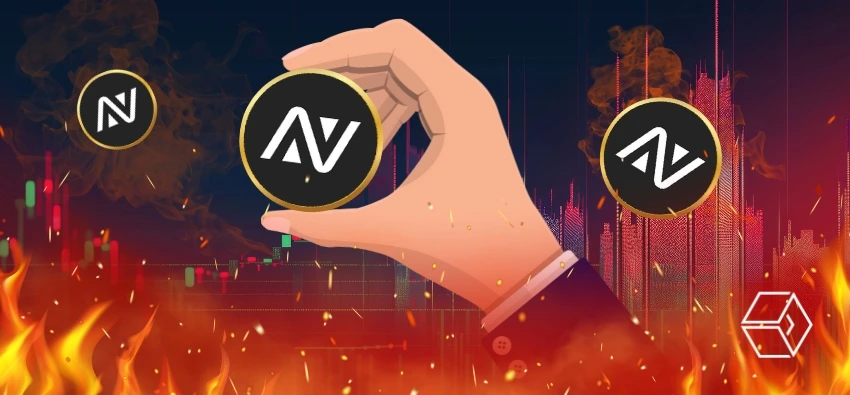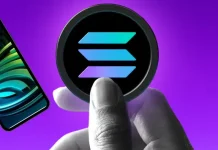
- Avalon Labs has permanently removed 13.9 million AVL tokens, funded by protocol revenue, bringing total burns to nearly 94 million AVL.
- The firm also announced integration with Rootstock and secured a $2 billion institutional credit line, reinforcing its position in Bitcoin-backed DeFi.
Avalon Labs has taken another decisive step in its token economy by burning $1.88 million worth of AVL, bringing the total supply reduction to 37%. The move was entirely backed financially through a monthly revenue, with the objective of showing the platform’s steady adoption and commitment to its holders.
Alongside this milestone, Avalon has pushed forward with ecosystem expansions, including a strategic integration with Rootstock and the securing of one of the largest institutional credit lines in crypto history. Together, these developments underscore Avalon’s ambitions in becoming the leading on-chain capital market for Bitcoin.
Avalon Labs Buyback and Token Burn Marks a New Chapter for AVL Holders, What You Need To Know
The latest buyback and burn program saw Avalon Labs deposit 1.88 million USDT into Bybit starting June 2025, purchasing AVL tokens at an average price of $0.1347 before permanently destroying nearly 14 million tokens. This reduction added to the 93.9 million AVL burned since June, now accounting for 37% of the total circulating supply.
The deflationary model is intended to build long-term value, a strategy that aligns growth in platform usage with direct benefits for token holders. Market reaction has been positive, with AVL trading at $0.1472 at press time, up 7.14% in the last 24 hours and 17.16% over the past week. With a current market cap of $37.4 million and a 24-hour trading volume exceeding $24.5 million, sentiment around the token burn has been bullish.
Avalon has consistently tied token supply measures to its broader mission. Earlier this year, the firm noted that $16 million worth of AVL from its 2024 airdrop campaign went unclaimed, prompting a major burn to reinforce scarcity and support ecosystem health. These steps, combined with the latest program, position AVL in a deflationary cycle that could attract greater institutional and retail attention alike.
Rootstock Integration and $2 billion Credit Line Expand Avalon Labs BTCFi Footprint
While the token burn grabbed headlines, Avalon Labs has also been working aggressively to expand its presence in Bitcoin (BTC) DeFi, often referred to as BTCFi. Earlier this month, the platform went live on Rootstock, the fourth-largest Bitcoin sidechain by total value locked. The integration gives Avalon Labs a chance to dominate Rootstock’s lending market, offering access to Bitcoin-collateralized loans for assets such as RBTC, RIF, and stablecoins like USDC.E and Tether’s cross-chain USDT0.
Jason Twu, Avalon Labs head of ecosystem, described the partnership as a signal of Bitcoin DeFi’s growing maturity: “This is a partnership between two BTCFi powerhouses and signals a leap forward for scaling all sorts of useful applications that use Bitcoin.” With Rootstock already supporting major protocols like LayerZero and Solv, Avalon Labs entry adds more weight to the chain’s ambitions.
The company also secured a minimum $2 billion institutional credit line from leading Asian conglomerates. The flexible facility is one of the largest credit lines ever issued in crypto lending with the prospect of expanding as demand increases. It marks Avalon Labs as a frontrunner in institutional Bitcoin-backed loans, with compliant infrastructure designed to meet regulatory requirements while offering unmatched liquidity through USDT.
Meanwhile, Canaan Inc., a popular innovator in crypto mining, recently announced that it has teamed up with Luxor Technology Corporation to offer financial support for Bitcoin mining machines. The deal resulted in the acquisition of 5,000 Avalon Labs A15 Pro rigs in August by an unnamed U.S. institutional miner. According to the two parties, the collaboration could enable future sales, growth their communities and generate more revenue.



